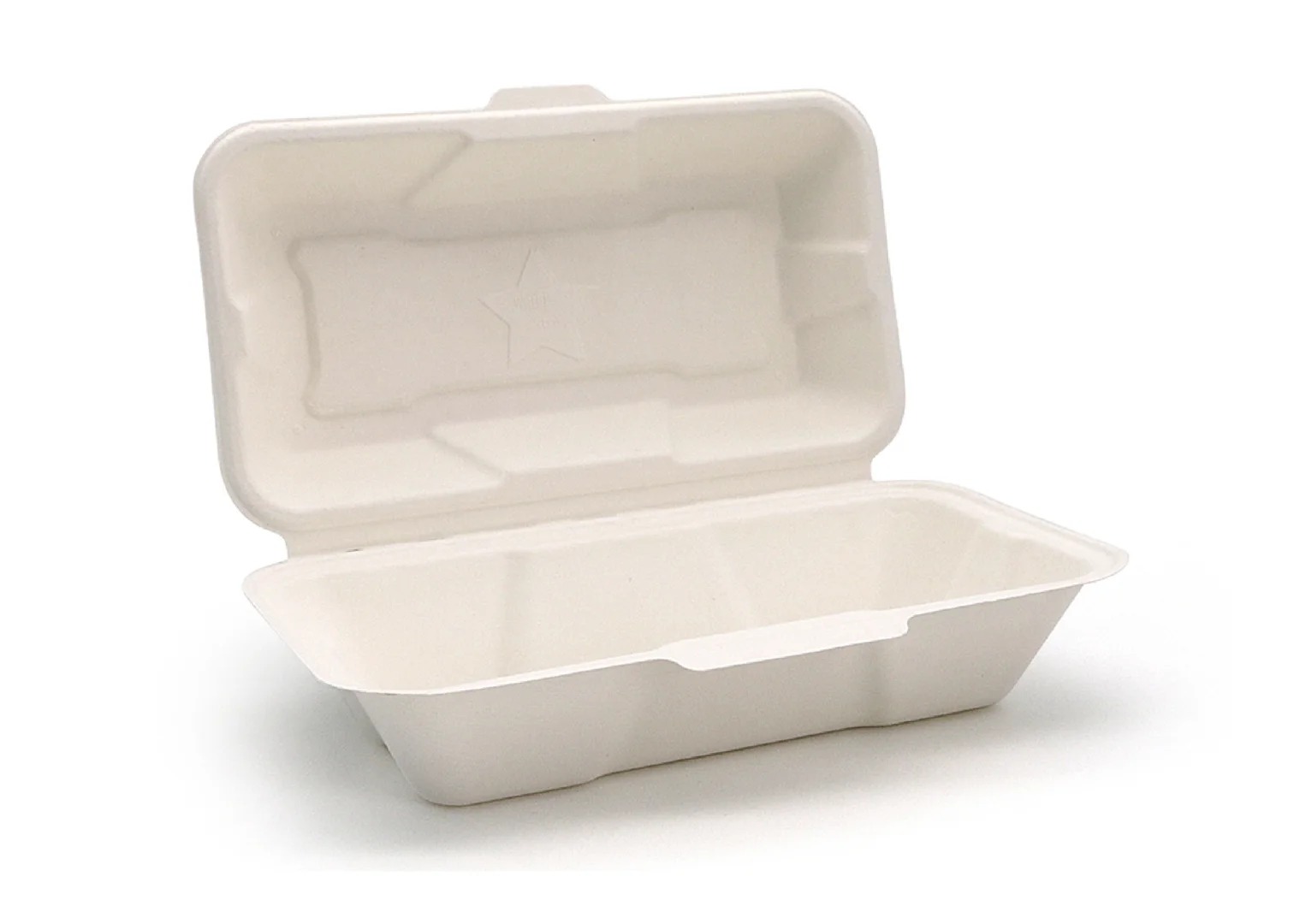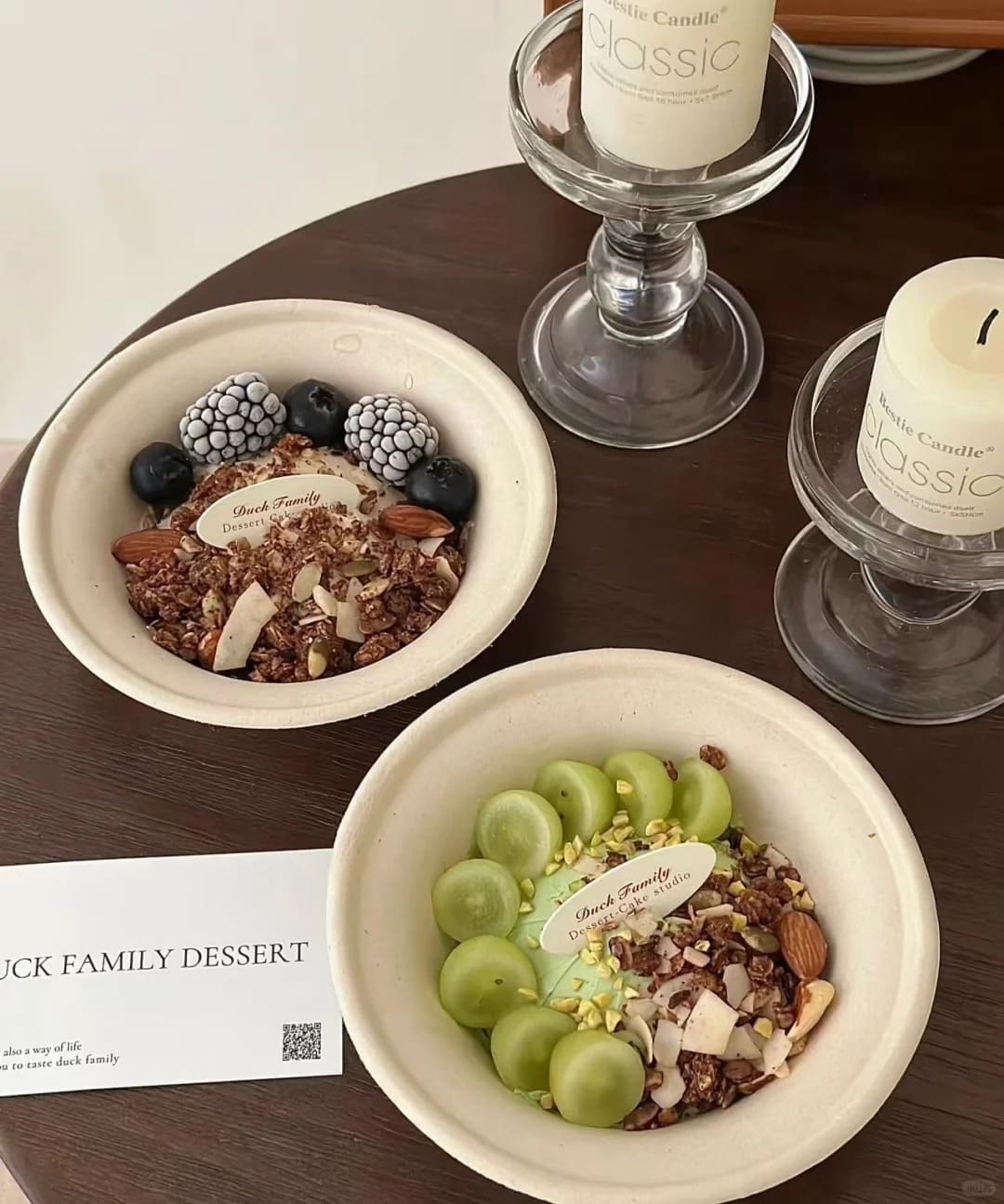
Starting 1 February 2023, Victoria has enacted a ban on several single-use plastic items as part of Australia's initiative to reduce plastic waste. The banned products include:
Although this ban is not yet national—Northern Territory and Tasmania have not fully committed—this move marks a significant advancement in reducing plastic waste and promoting eco-friendly practices.
Current Status and Implementation
The ban is active in all states and territories except Northern Territory (which plans to start in 2025) and Tasmania (which has yet to announce specific plans). This phased approach aims to gradually phase out single-use plastics and encourage sustainable alternatives.
Objectives of the Ban
The ban seeks to address the environmental damage caused by single-use plastics, including:
Challenges with Bioplastics
Bioplastics were initially seen as a potential solution due to their ability to degrade over time. However, they do not always break down in all conditions, such as landfills. Some biodegradable plastics can also release microplastics as they degrade, posing similar environmental risks as traditional plastics.
Sustainable Alternatives
To combat plastic waste, exploring and adopting sustainable alternatives is crucial. Sugarcane bagasse is one such option. This by-product from sugar production can be used to make various eco-friendly items, including:
Additionally, Sugarcane Bagasse Tableware Factories are instrumental in producing these sustainable products, and Bagasse Tableware Importers facilitate their distribution worldwide. For those interested in bulk purchases, sugarcane bagasse plates price varies, and products are available through bagasse plates wholesale suppliers.
Conclusion
Victoria's ban on single-use plastics represents a crucial step in Australia's environmental strategy. By adopting alternatives such as sugarcane bagasse products and wooden items, Australia is moving towards a more sustainable future. Companies like Sincere Ecotech, a leading sugarcane bagasse tableware manufacturer, play a key role in this transition by providing high-quality, eco-friendly tableware. While biodegradable plastics have their place, they are not a complete solution. Reducing plastic consumption, enhancing recycling efforts, and opting for sustainable materials like sugarcane bagasse tableware are essential for mitigating plastic waste and protecting our environment.
